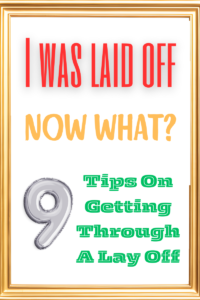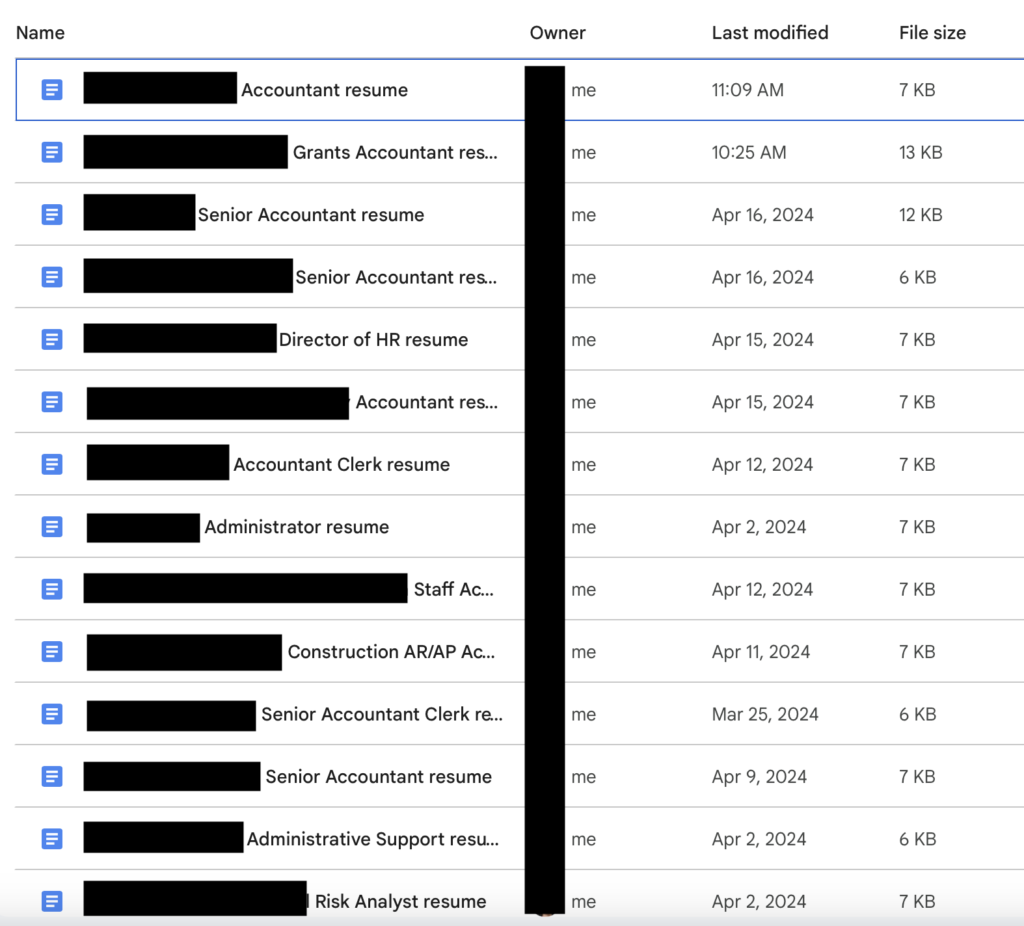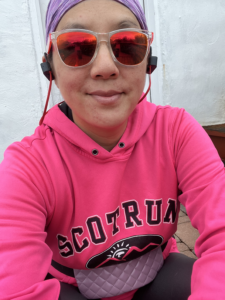 I was laid off, now what? Well, actually, I know what to do. I’ve been laid off before in 2009, 2017, and now in 2024. I learned how to recover from this setback faster than before each time and come back better than ever. Sounds very “new chapter in my life” which I can’t stand but it’s true. I’ve learned new skills in the years between each lay off to add to my resume and how to overcome setbacks. I also have more savings this time which helps substantially. Here are my 9 tips on how to get through being laid off.
I was laid off, now what? Well, actually, I know what to do. I’ve been laid off before in 2009, 2017, and now in 2024. I learned how to recover from this setback faster than before each time and come back better than ever. Sounds very “new chapter in my life” which I can’t stand but it’s true. I’ve learned new skills in the years between each lay off to add to my resume and how to overcome setbacks. I also have more savings this time which helps substantially. Here are my 9 tips on how to get through being laid off.
1. Be familiar with the local labor market
To stay aware of my local economy, I regularly cruise Indeed to see who is hiring accountants. So I already had an idea of where I would apply to if needed. Well, it’s now needed. I was laid off on a Wednesday morning (I’m an accountant) and was back home 2.5 hours later around 10:30 am. By 1pm I had already applied to two accountant jobs. 
2. Always keep a current or recent resume on file
I’ve kept all my resumes for every job I’ve ever applied to since 2020. So it took less than an hour to create the resume for the first job application. If it weren’t for my laptop crashing a few years ago, I’d have my older resumes too. I started saving resumes on Google Drive after that.
3. File for unemployment
I filed for unemployment the next day. It took a few hours to create my online account, profile and finish their questionnaire. It has been a few weeks and my unemployment claim is still in review for a few reasons including that the unemployment department is understaffed (like most state agencies). But it’s important to start the unemployment process ASAP to reduce the lead time in receiving unemployment payments.
To file for unemployment, I had to provide dates, names, addresses, and phone numbers of my previous employers of the past 2 years, gross wages information for the last 2 years and the reason I was terminated (laid off). I made a copy of the written termination notice I signed before I left for the last time to use as documentation for my unemployment claim.
I also have to sign into my unemployment account every Sunday to certify that I haven’t returned to work, haven’t declined any job offers, and have been searching for a job.
4. Apply for free or low cost health insurance
From previous experience, I knew I would qualify for NY medicaid as a household with four members and the household income level. I reactivated my NY Healthcare Marketplace account to apply for medicaid and wanted to throw my computer out the window within 15 minutes. Just like last time, It’s a really confusing application process. So I contacted a local not for profit, Mothers and Babies, that helps people get low cost insurance and they figured it out for me within an hour.
5. Apply to jobs like it’s a full time job
My job search process is like having a full time job. Every morning I browse Indeed for new job postings. I’m focusing on accounting jobs within a 30 minute drive or jobs that I can work remote. I am also looking at jobs that are a mixture of accounting and HR or accounting and office since my background is in small business accounting and HR. Focusing on a niche gives me a better interview rate.
I usually apply to one to two jobs a day, depending on if I had an interview that day. There has been a day here and there where I haven’t applied to any to avoid burnout.
I keep track of all the jobs I apply to including ones I interviewed with, ghosted me, etc. I also customize my resume to each job. It takes more time, but it shows the potential employer I can do what they are looking for and that I am paying attention to their needs.
6. How to interview
I’ve got a list of potential interview questions and possible answers that I prepare for each interview. Since most of the jobs I’m applying to are of the same job industry, most of the answers don’t change.
I also review the company website, Facebook, Instagram, LinkedIn, and look up on the internet any interviewer names I was provided. A sure way to not get the job is to go to an interview without any knowledge about the company. If you don’t take the time to learn about the company, then they won’t waste time on you.
 7. Exercise
7. Exercise
Exercise keeps me in a healthy mental state, especially in this stressful time. My exercise of choice is running. I’ve also recently included cycling and working on improving my pull ups. Exercise allows me to direct my negative energy towards something positive. And while I haven’t been running as much, the little running I am doing still helps my mental state.
I can also think of it as now I have plenty of time to train for another ultramarathon.
8. Improve on or gain new skills
I signed up for the free trial of Xero (an accounting software) to start tracking my own expenses but to also gain a skill for my resume. I will also finish the continuing education cre
9. Work on projects to prevent depression and maintain a healthy mental state
I’ve been working on a few things that I wanted to complete weeks ago. I finished my taxes a week before tax day. I’ve also been working on race preparation tasks for a team relay I’m doing on April 28 called Seneca 7. Since I’m knowledgeable in spreadsheets, I’m in charge of the spreadsheet that calculates our estimated finish times based on our individual paces for each of the 21 relay sections.
I’m also experimenting with cooking fun runners dishes and not doing just pasta and bagels all the time.
These 9 things together actually make me feel busier than ever. If it’s happened to you, how do you get through a lay off?